Fish Hemoglobin, O2 and CO2 Transport
Apart from the special case of the channichthyid icefishes, most oxygen in the blood is carried by red cell hemoglobin,...
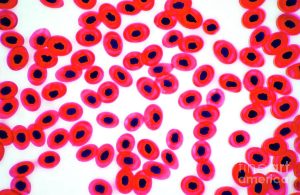
Apart from the special case of the channichthyid icefishes, most oxygen in the blood is carried by red cell hemoglobin,...

Different fishes have very different lifestyles, so it is not surprising that the properties of their blood vary according to...
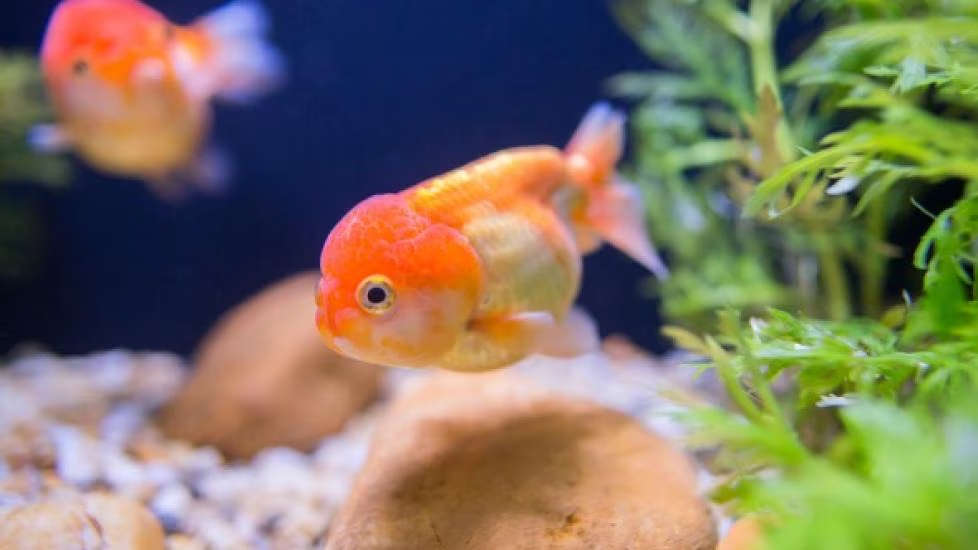
A remarkable variety of accessory pumps occurs in the venous circulation of different fishes. These range from the portal heart...
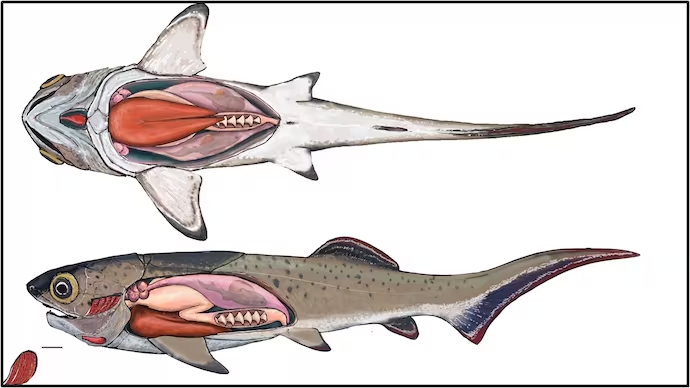
Fish hearts are S-shaped and four-chambered with, from behind forwards, sinus venosus, atrium, ventricle and either a bulbus or conus...
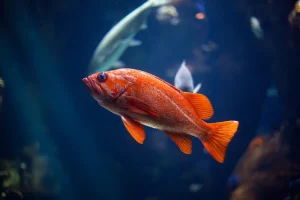
The oxygen acquired (from water or air), and the carbon dioxide excreted at the gills, have to be transported around...
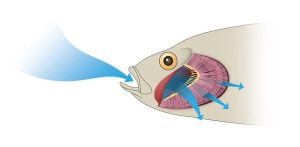
The Origin of Respiratory Gills In ascidian and doliolid tunicates, and in amphioxus, the gills are ciliated food collecting devices,...
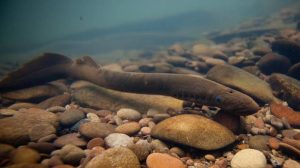
Hagfish In hagfishes, unidirectional water flow through the serial muscular gill pouches is chiefly brought about by rolling and unrolling...
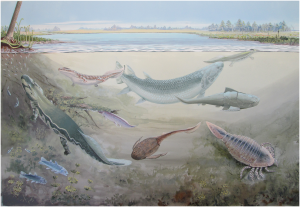
The variety of freshwater fishes is striking, for they show radiations into different habitats with some of the most extraordinary...
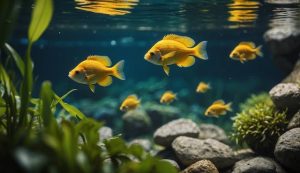
Diversity of Freshwater Fishes Despite representing only a miniscule (0.0093% according to Horn, 1972) part of the world’s aquatic habitat,...

Epipelagic Fishes The open ocean beyond the continental shelf covers nearly two-thirds of the surface of the Earth, and some...
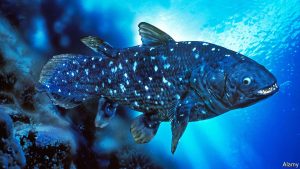
The living Latimeria chalumnae was first identified off Southern Africa in 1938, and was known from some 200 further specimens...
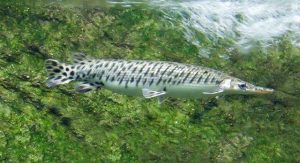
Holostei Even fewer holosteans than chondrosteans survive today. The bowfin (Amia) of rivers in eastern North America, and seven species...